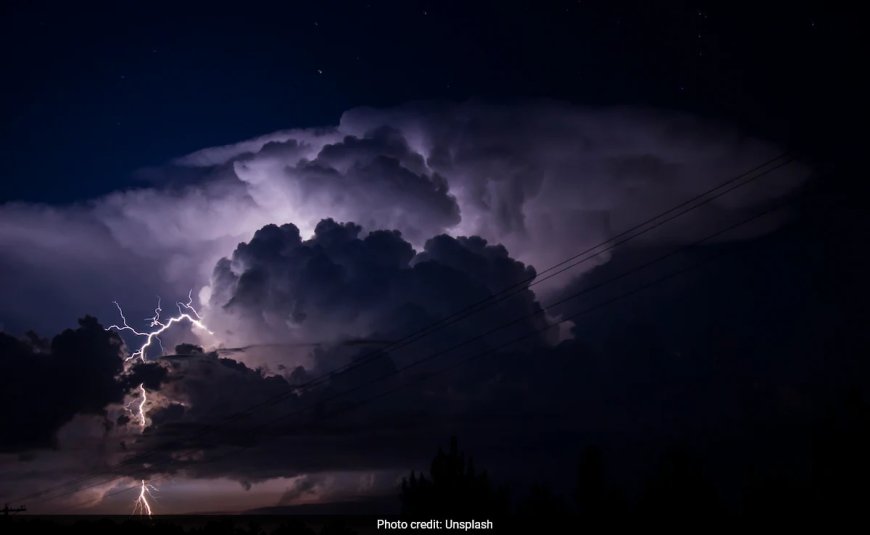Opinion: Butt Of Jokes To Life Saver: The 150-Year Evolution Of Weather Office IMD
India's weather office, the India Meteorological Department, is one of the country's oldest scientific organisations and marked 150 years of its existence on Tuesday.

Opinion: Butt Of Jokes To Life Saver: The 150-Year Evolution Of Weather Office IMD
News by dharmyuddh.com
Introduction to IMD
The India Meteorological Department (IMD) has transformed remarkably over the past 150 years, transitioning from a subject of ridicule to a respected institution crucial for disaster management. Originally established for military purposes, IMD has evolved to cater to the needs of the agricultural sector, thus playing a vital role in the life of millions of Indians.
The Humble Beginnings
Founded in 1875, IMD initially faced skepticism. Its predictions were often met with disbelief—a far cry from the life-saving forecasts it delivers today. The early meteorologists relied on rudimentary technology and limited data, leading to frequent inaccuracies that fostered the notion of the department as a "butt of jokes."
Technological Advancements
Over the years, major technological advancements have significantly improved IMD's predictive capabilities. The integration of satellite technology and meteorological models allows for more accurate forecasting. These innovations have turned IMD into a dependable ally during natural calamities, aiding in timely warnings that save lives and property.
IMD's Role in Disaster Management
Weather forecasting is no longer just about predicting rain; IMD plays a crucial role in disaster management. With the alarming increase in climate change impacts, the department has amplified its efforts to prepare for extreme weather conditions, offering guidelines and support to both local authorities and the public.
Public Perception and Trust
With consistent improvements in accuracy and reliability, public perception of IMD has changed dramatically. Citizens who once mocked its predictions now rely on IMD's data to plan their daily activities and safeguard themselves against adverse weather conditions. The department's commitment to transparency and community education has fostered increased trust among the populace.
The Future of IMD
As we look ahead, the future of IMD appears promising. Ongoing research and development are essential to adapt to the ever-changing climate landscape. It is imperative that IMD continues to innovate, ensuring it remains a step ahead in providing timely and accurate weather information to the nation.
Conclusion
The evolution of the India Meteorological Department from a joke to a life saver is a testament to the importance of perseverance and adaptation. As climate challenges rise, IMD is poised to be a fundamental player in our preparedness and response strategies. Individuals and businesses alike should look to IMD for guidance in navigating the whims of weather.







